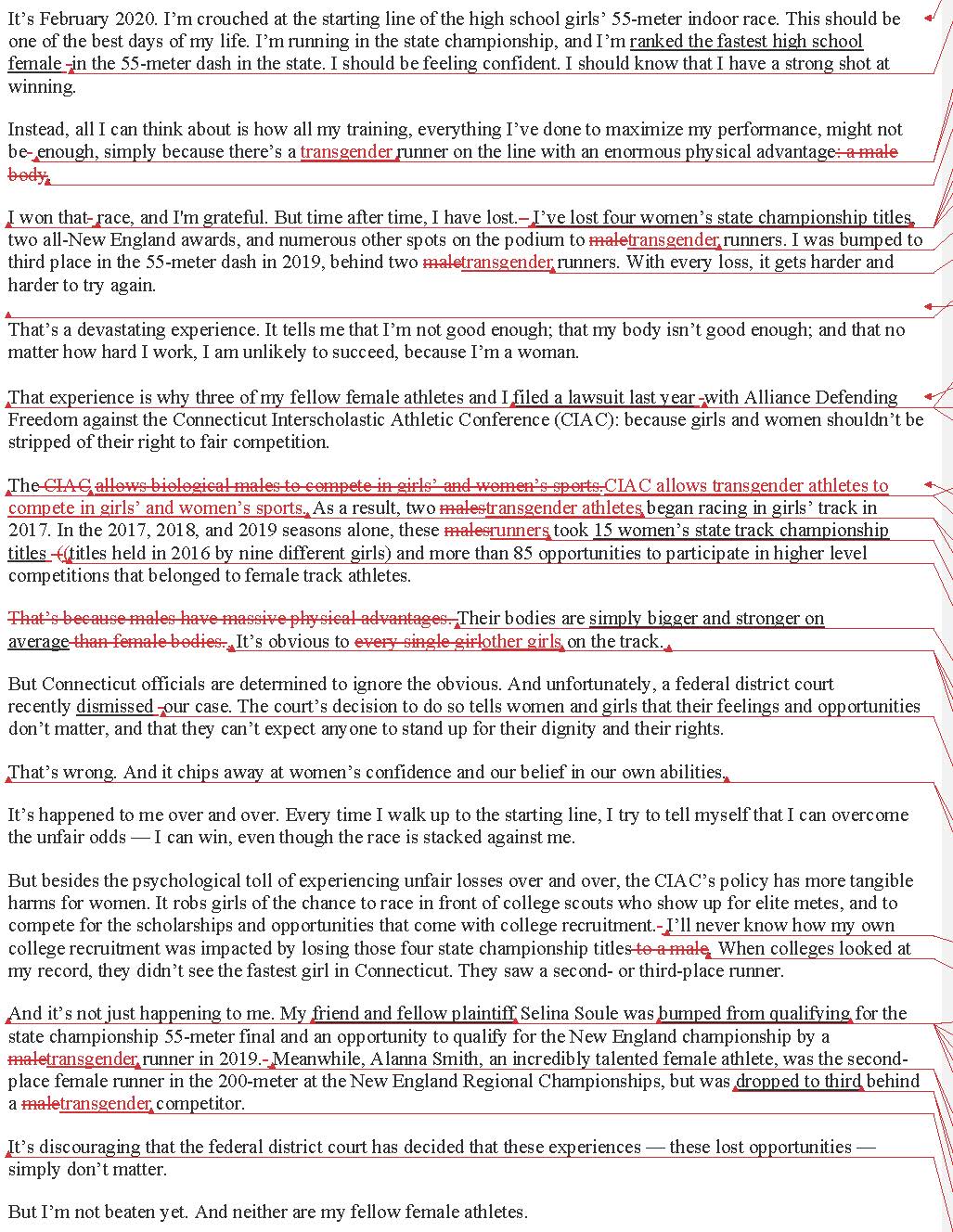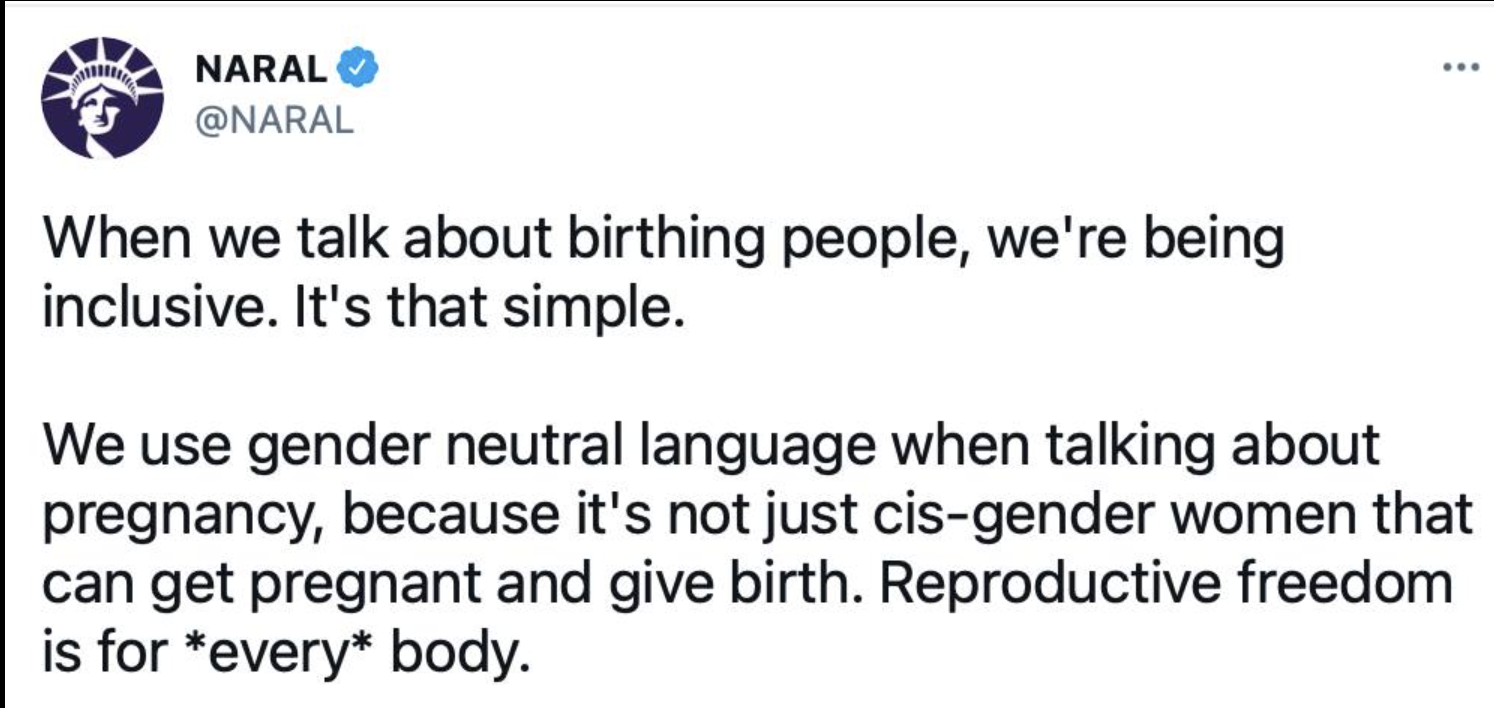If you would like to explore the many ways that the modern usage of the term "microagressions" has fallen off the tracks at the hands of modern "anti-racists," consider reading a soon-to-be published law review article by an attorney and a psychologist, Edward Cantu & Lee Jussim, Ph.D. Their article is titled: MICROAGGRESSIONS, QUESTIONABLE SCIENCE, AND FREE SPEECH.
I'll begin with their conclusions:
When scientists speak, people listen, even if the science is unscientific. If scientists are going to declare a broad and indeterminate number of acts inherently subtly racist, and a critical mass of those in positions of power and influence are ideologically inclined to believe them, it is imperative that the claims not be grossly exaggerated and that they be grounded in solid scientific methodology. The [current micro aggression construct- "CMC"] fails in this regard. After critical analysis, the CMC appears to be a project in attempting to retroactively validate initial ideological hunches; or, at best, to give voice to POC by substituting the scientific method for the perceptions of some of them. Whichever it may be, it is clear that, at this point, nobody—neither diversity administers, academics, or journalists—should take currently propagated lists of microaggressions as representative of anything meaningful. We assert this not to be gratuitously insulting to CMC researchers, but to forestall the harms that the CMC we fear may cause.
The authors acknowledge that the concept of "microagressions" is a worthy subject of study (beginning with the research by psychologist Chester Pierce in the 1970s), but they find that the list of words and phrases that might have some legitimacy as racial slights have now been coupled, through concept creep, with numerous expressions that are innocent or even complimentary (see their Appendix for many examples). In step with this concept creep, the Overton Window has been slammed down to forbid numerous verbal expressions that are A) not problematic to the great majority of those who are purported to be victims of these slights and/or B) depend for their meaning almost entirely upon the intent of the speaker and the context in which the words are spoken.
The authors warn that current "anti-racist" ideology refuses to take into account the intent of the speaker. This tactical use of microaggressions, combined with sloppy "science" is harming society socially, by shutting down needed conversation:
Yet, we fear that microaggression researchers via their alleged insights are increasingly teaching POC that they are under constant assault; that they are being conditioned to be constructively offended—that is, offended because they’re taught that they’re supposed to be—in situations that do not implicate racism.
The research regarding microagressions has increasingly been motivated to find something invisible to attempt to explain (often simplistically) observable racial disparities:
Although the civil rights legislation of the 1960s ended legal racial discrimination, inequality still persists almost 60 years later. Why? Many have concluded it must be because of something secret, subtle, hidden, and underground. But what? By the 1970s, the social sciences were on a quest to find these supposedly hidden, camouflaged, or unconscious forms of racism. Those efforts generated a slew of concepts, such as “modern” or “symbolic racism,” “implicit bias,” and “stereotype threat.” Interestingly, just as is the case with microaggressions, each of these areas have been characterized by a wave of initial enthusiasm including many publications, followed by critical reviews highlighting weaknesses, flaws, confounds and alternative explanations that consistently indicated that the initial enthusiasm was largely unwarranted.
The term "microaggressions" has been given an ideologically-laced strategic labeling to dramatically increase the perceived threat-level, creating an inverse-Trojan-horse: The term "microaggressions" puts us all on edge, even in the absence of a rigorous scientific foundation for the commonly-made claims regarding microaggressions. In recent years, the number of words and phrases allegedly encompassed by "microaggressions" has exploded (again, see the Appendix of the article) to the extent that ordinary conversation is increasingly feared as a social minefield:
Interestingly, just as is the case with microaggressions, each of these areas have been characterized by a wave of initial enthusiasm including many publications, followed by critical reviews highlighting weaknesses, flaws, confounds and alternative explanations that consistently indicated that the initial enthusiasm was largely unwarranted. intentionality, and less directly but atmospherically, oppression and domination. Rarely if ever would the lay person label an act committed with benign conscious intent a form of “aggression.” But consistent with tactical concept creep, this is the term chosen, even with the knowledge that use of the term means imputing to well-meaning actors a state of mind normally associated with culpability.
Psychologist Jonathan Haidt has written about the phenomenon of concept creep specifically in the context of microaggressions. In lamenting that psychology is “becoming a tribal moral community bound together by moral commitments to social justice and progressive ideals,” 95 Haidt noted that psychologists are incentivized “to find new ways in which members of allegedly victimized groups are harmed by current practices”; 96 hence the creeping expansion of the concept of harm. Particularly on point, Haidt also described as a “central innovation[] of microaggression theory” the disposal of a mens rea predicate for concepts such as “abuse” and “discrimination” “in ways that make it ever harder for anyone to defend themselves against ugly moral charges.”
Cantu and Lee Jussim have written a long, carefully researched, balanced and important article that will provide many of us the the confidence to raise our hands when we are next compelled to attend "anti-racist" training where the concept of "microaggressions" is blithely bandied about (as it often is). The authors were at least somewhat motivated to do this research because they were witnessing good-hearted people being chewed up in the current ideological juggernaut of "anti-racism." Their article will help all of us to speak up whenever we are told to assume that "microaggressions" A) are ubiquitous and B) that labeling dozens of taboo expressions as taboo obviates the need to do real work to determine the mindset of those who speak.
The modern use of the concept of "microaggressions" is the equivalent of doing surgery with a chainsaw. All good and decent people know that we can't off-load human complexity to a simplistic list of taboo phrases assembled ad hoc by (often well-intentioned) ideologues. Human beings are much more complex than that. Good-hearted people earnestly and make charitable case-by-case holistic determinations about whether people who are engaged in speech are being ignorant and rude or whether they are well-intentioned and kind-hearted (or something in between). I applaud the work done by Cantu and Lee because it will allow us to have more meaningful conversations going forward.



